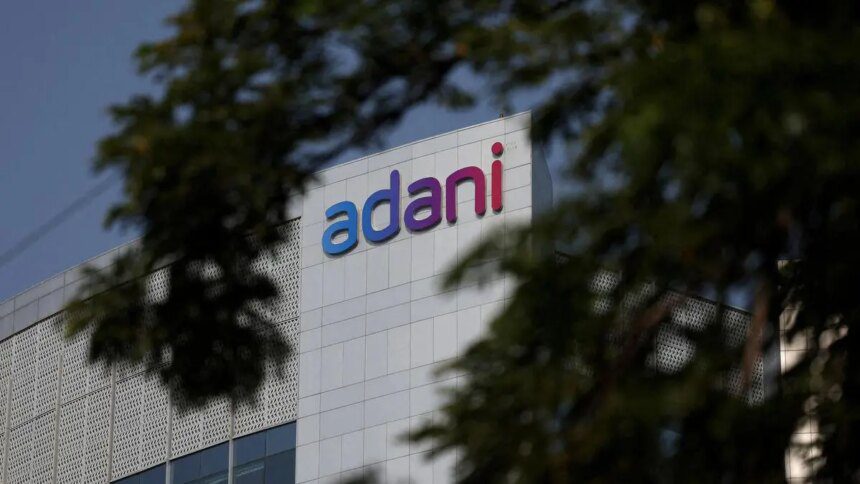Fitch Ratings has upgraded the Outlook for Adani Ports and Special Economic Zone Limited’s (APSEZ) Long-Term Foreign-Currency Issuer Default Rating (IDR) and unsecured note rating from Negative to Stable, affirming the ratings at ‘BBB-‘. This change is part of a broader reassessment that includes Adani Energy Solutions Limited’s (AESL), whose outlook has also been adjusted to Stable from Negative, while retaining its Long-Term Foreign- and Local-Currency IDRs at ‘BBB-‘.
Fitch indicated that it expects liquidity and funding levels to be in line with APSEZ’s ratings, supported by strong cash flows arising from a substantial portfolio of seaports, some capex flexibility, and successful access to credit markets. Despite the ongoing uncertainty surrounding a US investigation into Adani Group and its potential repercussions, Fitch believes that APSEZ can manage associated risks in the short term.
The agency assessed APSEZ’s financial profile as stronger than what is typical for a ‘BBB-‘ rating, although this is limited by India’s Country Ceiling, also rated at ‘BBB-‘. APSEZ maintains higher tariff rates compared to other Indian ports, which management justifies through improved operational efficiency and better hinterland connectivity, leading to reduced overall logistics costs for shippers.
Fitch highlighted that APSEZ has a comprehensive medium-term capital expenditure (capex) plan aimed at increasing capacity at key ports to meet growing demand. Most major greenfield projects are nearing completion, while the plan also includes improvements to existing ports and logistics capabilities like warehousing and bulk transportation, with an estimated annual capex budget of ₹120 billion-160 billion for the medium term.
In conjunction with the outlook adjustment for AESL, Fitch affirmed the ‘BBB-‘ ratings on Adani Electricity Mumbai Limited’s (AEML) senior secured notes as well as the AESL-guaranteed senior secured notes issued by its subsidiary, Adani Transmission Step-One Limited. The revised outlook reflects Fitch’s perspective that the risks of contagion associated with AESL and AEML have diminished. The Adani Group has managed to maintain access to diverse funding sources despite a US indictment involving certain board members of a related entity, Adani Green Energy Limited, on November 20, 2024. Furthermore, the group continues to invest in projects, with an uptick in capex expected in the first half of the fiscal year ending March 2026 (FY26).
Fitch also noted that AEML’s additional funding needs are minimal, as operational cash flows are sufficient to cover the majority of its capex. While the Adani Group has not issued public dollar-denominated bonds, its access to financing and borrowing costs have benefitted from liquidity in the domestic loan and bond markets, alongside US dollar funds raised through private placements.
Published on November 4, 2025.










